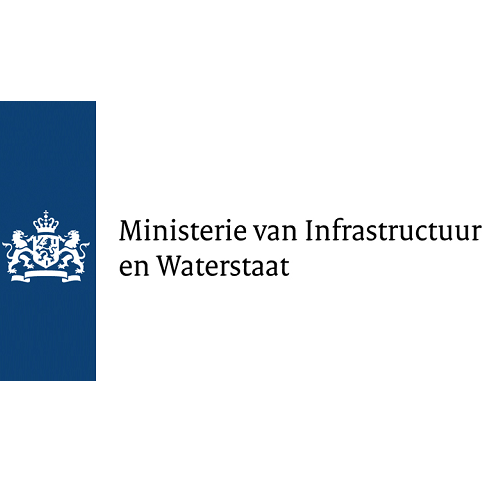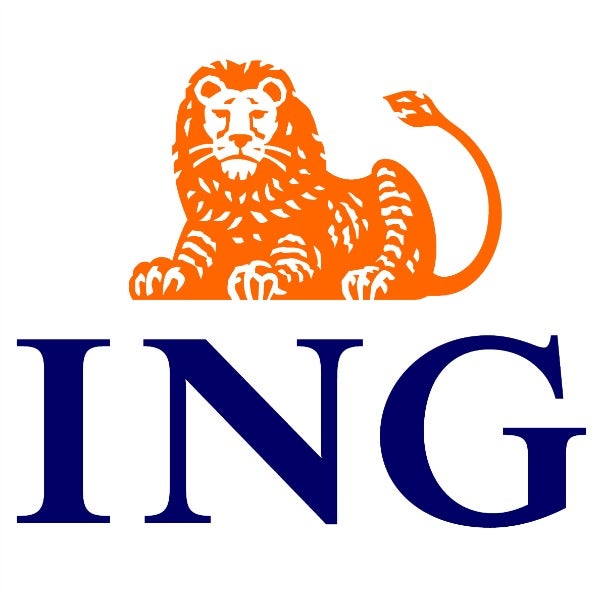More than 700 million people still live in extreme poverty, and many more lack access to basic services like healthcare, education, and clean water. Globalisation has lifted millions out of poverty but also triggered inequality, environmental damage, and growing scepticism. Tariffs, trade deals, and aid flows remain contested, making rigorous, evidence-based analysis more important than ever.
In the Development Economics and Globalisation specialisation, you will use economic research to explore key policy challenges in developing countries—ranging from poverty traps and health to social norms, migration, and industrial growth. You will apply microeconomic theory and empirical analysis to topics such as poverty measurement, the impact of microcredit, contract farming, and the role of corrupt elites in foreign aid. From both a micro and global perspective, you will examine how globalisation affects inequality, trade, capital flows, and labour and environmental standards. Using real-world data and rigorous methods, you will gain insight into the forces shaping development and how policy can respond at household, firm, and national levels.





